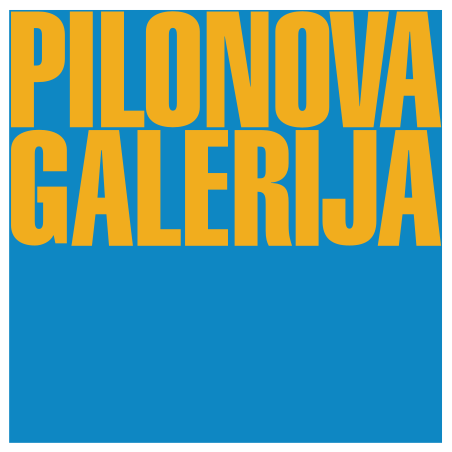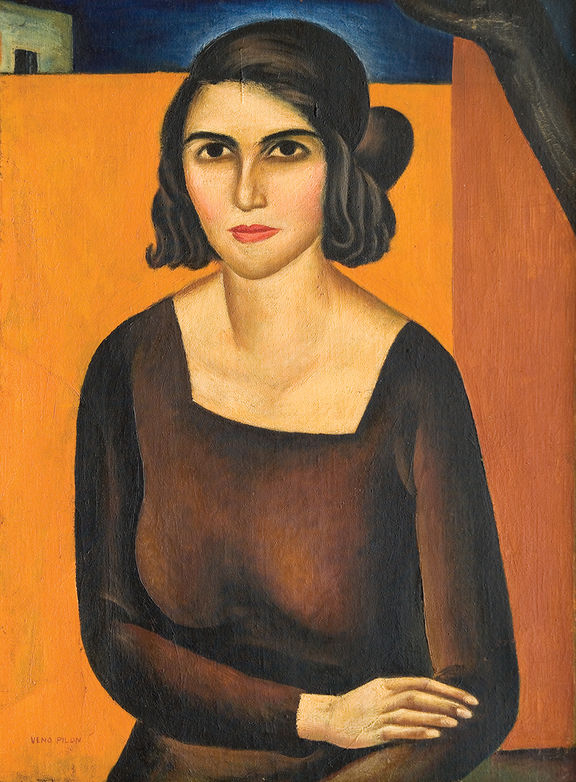Difference between revisions of "Pilon Gallery, Ajdovščina"
(imported from XML by extractor/importer) |
(imported from XML by extractor/importer) |
||
| Line 30: | Line 30: | ||
Pilon’s Gallery also organises a changing thematic exhibition programme throughout the year. | Pilon’s Gallery also organises a changing thematic exhibition programme throughout the year. | ||
| − | + | [[Category:Museums]] | |
| + | [[Category:Visual arts galleries]] | ||
[[Category:Visual arts museums]] | [[Category:Visual arts museums]] | ||
Revision as of 00:03, 18 November 2009
-
22 Jun 2021
Presentation of the life and opus of Veno Pilon (1896–1970) with Dominique, François and François Pilon participating, led by the editor Zdenka Štimac, in collaboration with the Pilon Gallery, Ajdovščina, supported by the Embassy of the Republic of Slovenia Paris
The Gallery was founded in 1973 when Pilon's son Dominique donated to the town of Ajdovščina his father's artistic legacy, a rich collection of art works and an archival collection comprising documents, manuscripts, correspondence, books and personal belongings as well as varied memorial material, including the literary legacy of Walter Bianchi. The gallery premises consist of two houses, the first being the Pilon homestead, which also used to be the bakery of the painter`s father. The facades of the two houses, as well as the interior of the painter's homestead with all its architectural details, were preserved and renovated by Svetozar Križaj (1921-1996), who received the 1976 Plečnik Award for the renovation. The collection was later enriched by purchases and other donations.
The works are arranged in chronological order and by art form: they start with his first art assignments at the secondary school in Gorica, and continue with views of Gorica and Ajdovščina (oil and watercolours) from the period before the First World War, drawings and watercolours from the time he was a prisoner of war in Russia, sketches from his travels and study in Prague, Florence and Vienna (with a special display case containing a selection of documents, photographs and letters), Pilon's graphic art production from his Prague and Florence period, portraits and still-lifes in different techniques, and one room entirely dedicated to his drawings. The last room (which was the painter`s studio) contains drawings and prints dating from his Parisian period until the late 1950s. The corridor features two sculptures - of the notary Artur Lokar and the writer Ivan Cankar - as well as some portrait drawings of Slovene artists. A photographic section in the attic displays Pilon's work in Paris from the 1930s onwards, including portraits, still-lives and vedutas.
Pilon’s Gallery also organises a changing thematic exhibition programme throughout the year.




